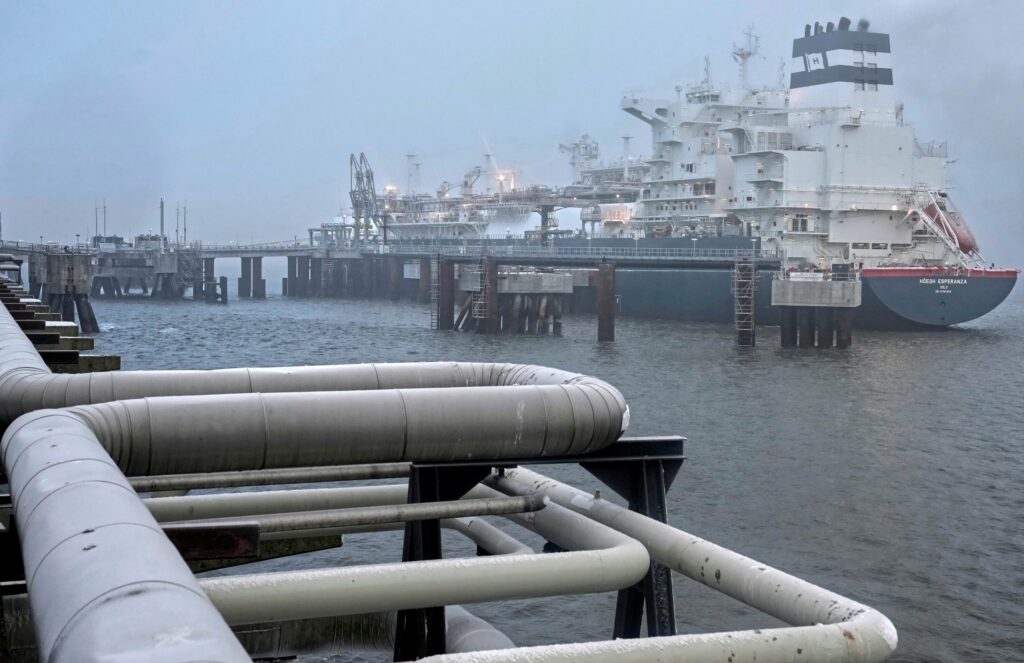Belgium became even more reliant on Russian energy in 2023, despite attempts to decouple Europe from Russia since the invasion of Ukraine in February 2022.
Belgium's Economy Ministry published its 'Belgian Energy Data Review' on 3 July. The report shows that Belgian consumption of liquified natural gas (LNG) from Russia has multiplied by 2.7 since 2021. 7.7% of the country's LNG supply is imported from Russia – up from 5.6% in 2022.
The EU is the largest LNG importer in the world, and Belgium is one of the highest-consuming Member States along with France, Spain, the Netherlands and Italy. The country's strategic location makes it a focal point in multiple trade routes.
"Belgium is at an international gas crossroads, with border interconnection points with several countries and the port of Zeebrugge, through which liquefied natural gas (LNG) is imported," the report stated.
The report stressed that net imports are not representative of domestic consumption because of the Port of Zeebrugge's role in global trade beyond Europe.
The EU added Russian LNG imports to its list of sanctions in yet another round published last week but chose to focus on energy passing through rather than into Europe. From March 2025, Russian tankers transporting frozen LNG will be required to head to Turkish ports if they want to continue on to clients in Asia.
This may impact Belgian gas network operator Fluxys, which entered into a deal with Russian company Yamal LMG in 2015. The agreement supposedly gave them access to the Port of Zeebrugge for 20 years but the contract's future is now jeopardised by EU sanctions.

